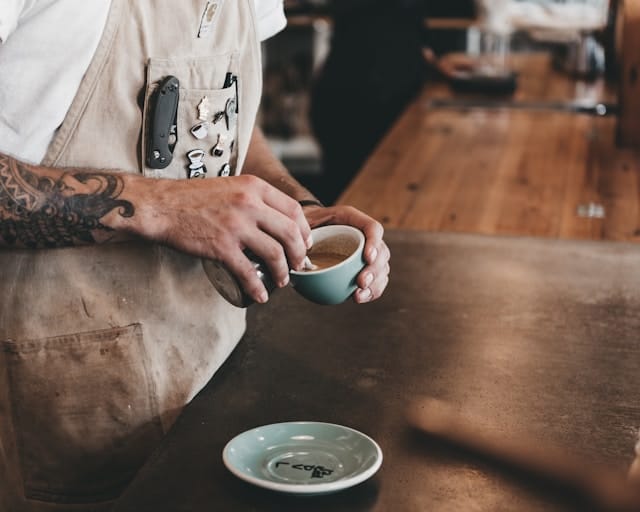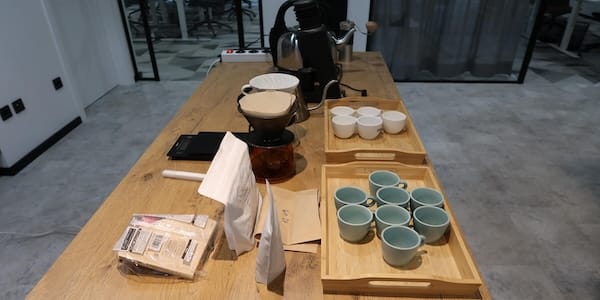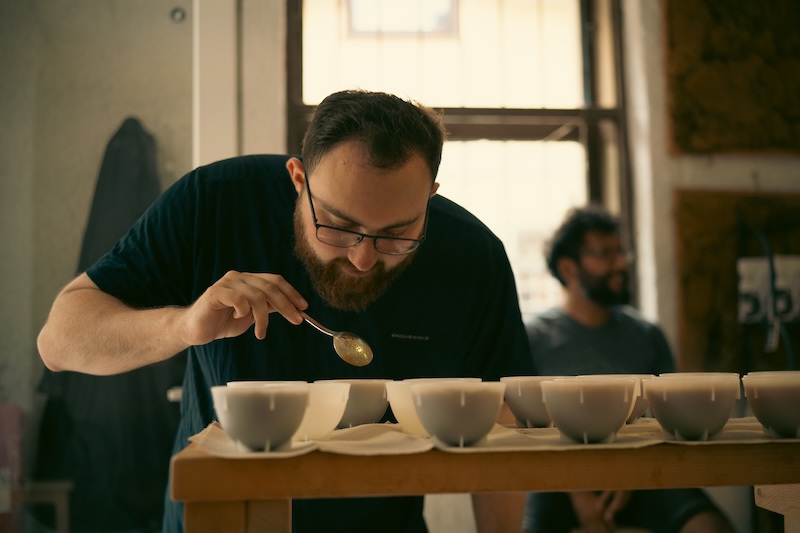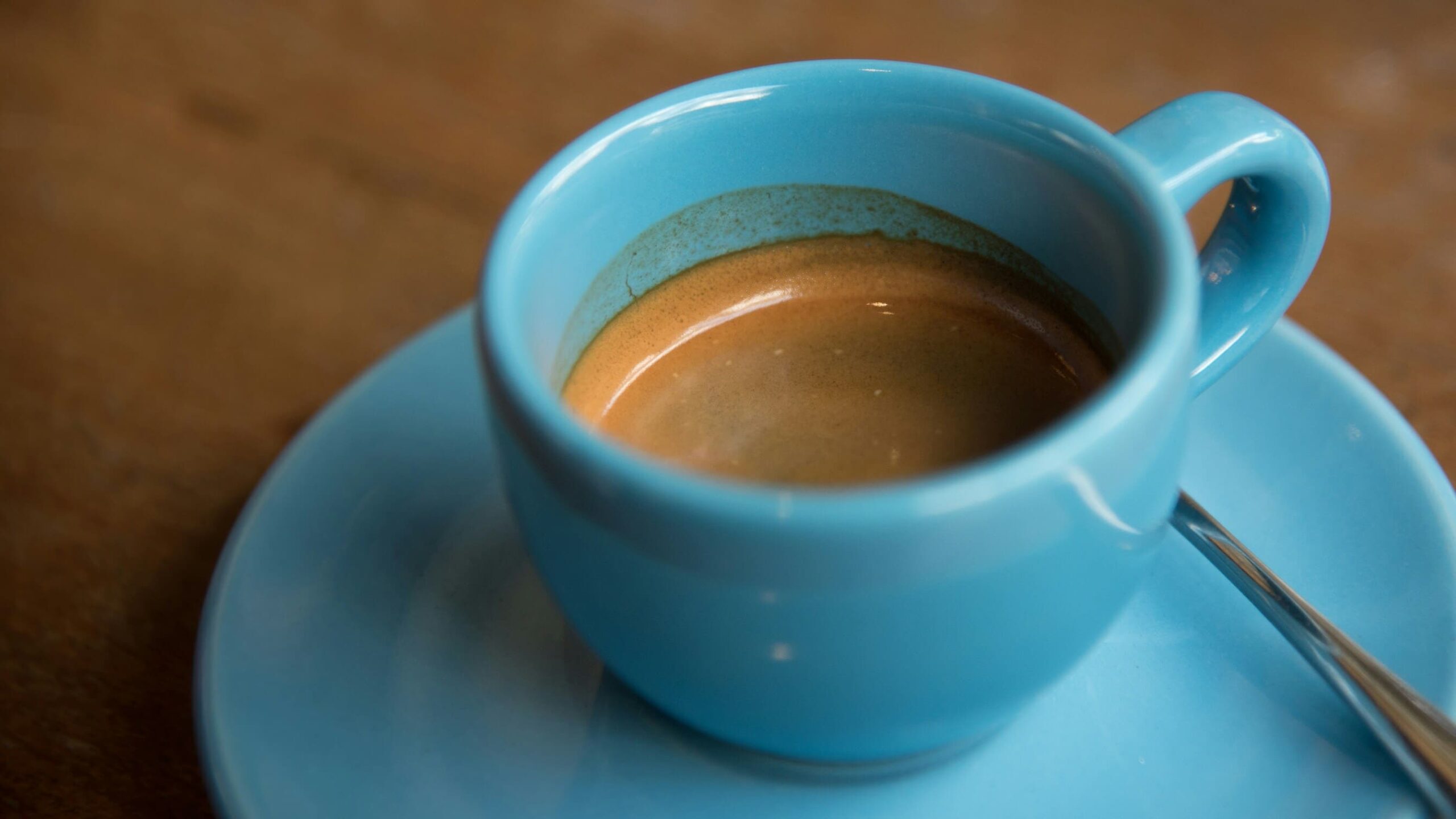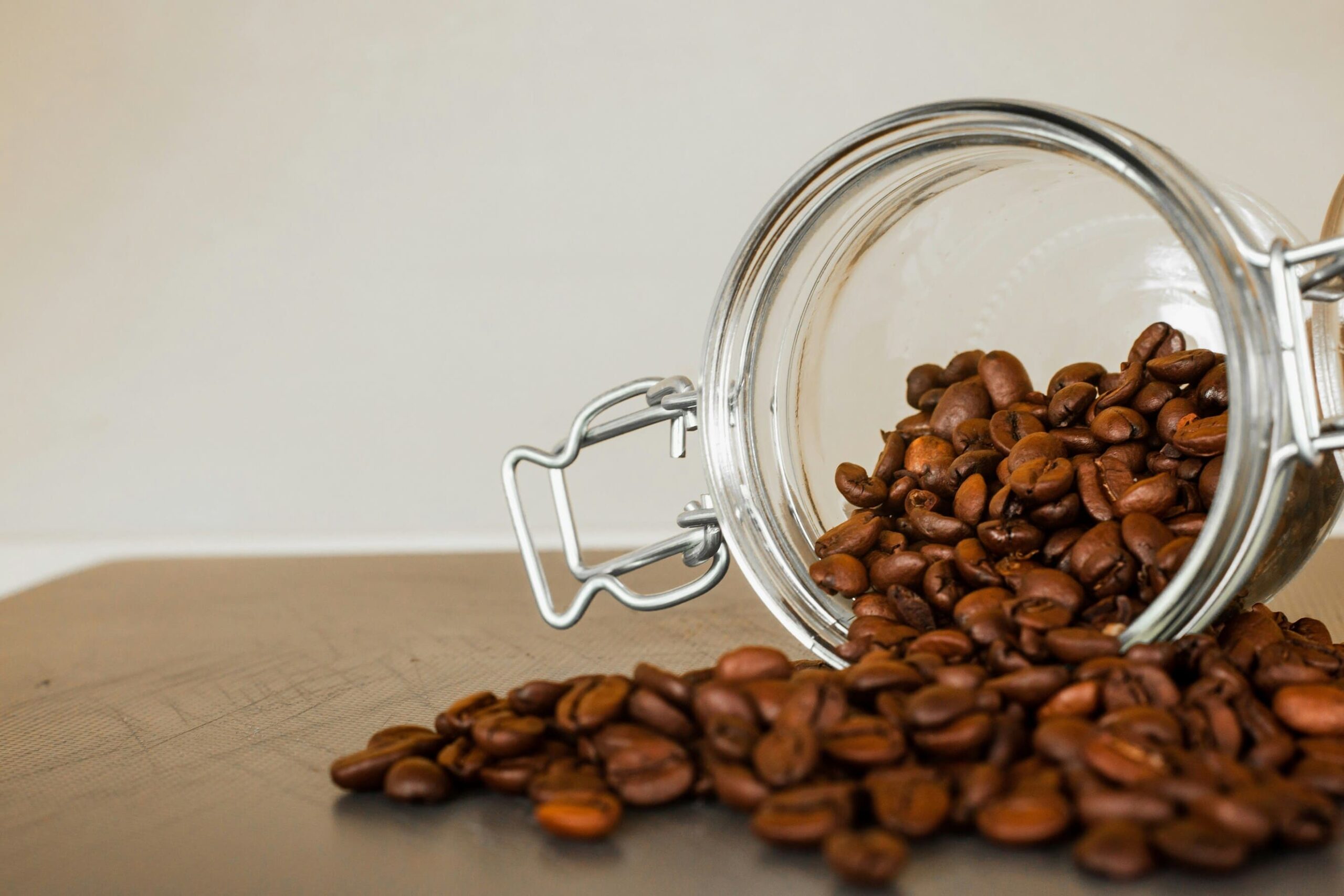ALL POSTS
ALL POSTS
How is The Coffee Price Made?
4 min read
Last edit: Feb 7, 2025
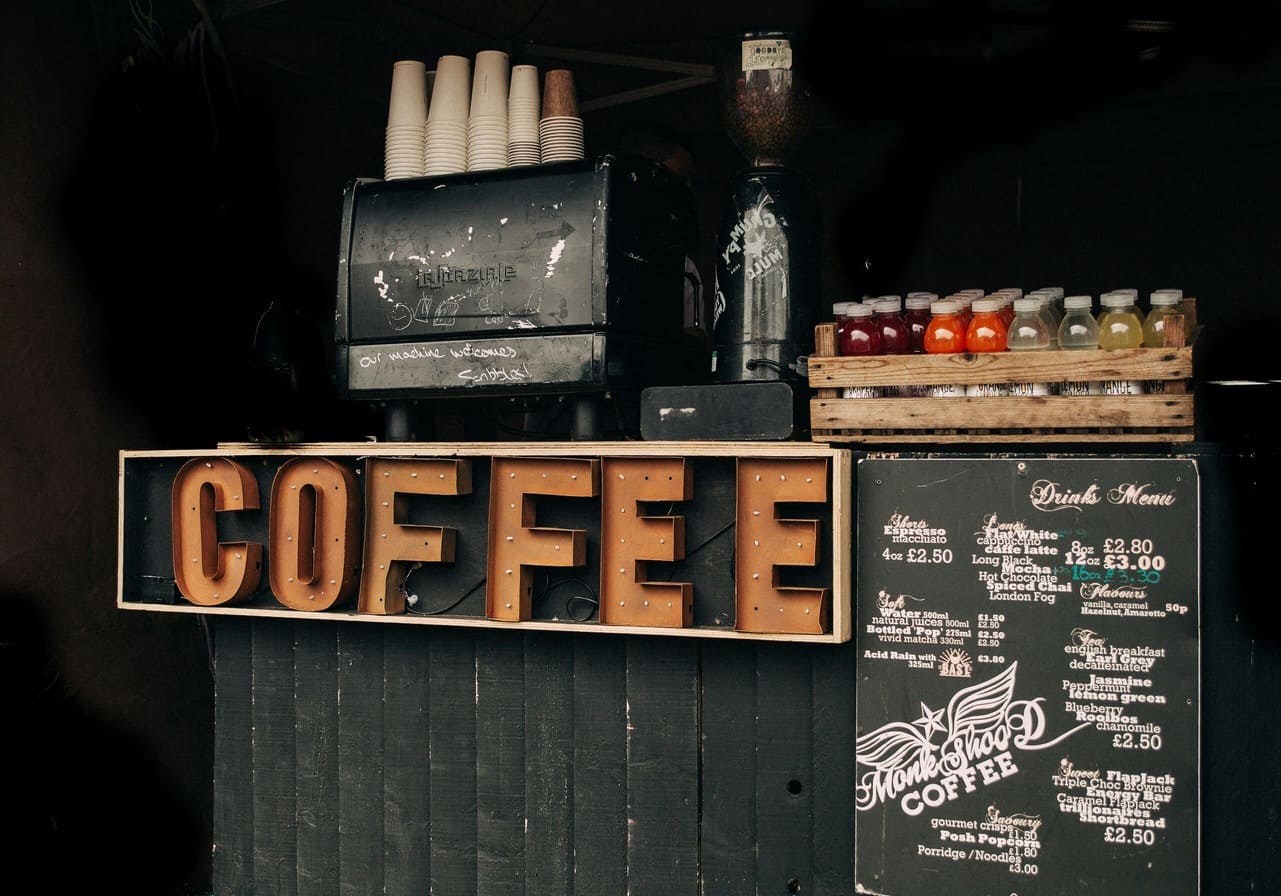
Coffee is one of the most consumed products worldwide, enjoyed by millions every day. Recently coffee prices have increased dramatically.
Coffee pricing is influenced by a variety of factors, including global market trends, supply and demand, production costs, and weather conditions in the coffee-producing regions.
Whether you’re a coffee enthusiast, a business owner, or just curious, understanding how coffee prices are calculated can give you insight into the complex world of global trade and why exactly your local cafe has changed the prices for your morning cup of coffee.
In this article, we are breaking down the factors that determine coffee prices in a simple and reader-friendly way.
What is a Commodity?
To understand coffee pricing, it’s important to first know that coffee is a commodity.
In the case of coffee, a commodity is an agricultural product that can be bought and sold, typically in large quantities. These include products like wheat, sugar, and, of course, coffee.
Commodities are usually standardized, meaning that a unit of coffee from Brazil is treated similarly to a unit of coffee from Colombia, making them interchangeable in trade.
Coffee falls under the category of soft commodities and is one of the most traded agricultural products globally. Since coffee is grown in tropical regions and consumed worldwide, its pricing is subject to international trade dynamics and speculations.
How Does Coffee Commodity Trading Work?
The coffee commodity chain may seem complex at first but in essence, coffee is primarily traded on two major commodity exchanges:
- The Intercontinental Exchange (ICE) – This is where Arabica coffee is traded.
- The London International Financial Futures and Options Exchange (LIFFE) – This is where Robusta coffee, which is stronger and more bitter than Arabica, is traded.
Spot Market vs. Futures Market
Coffee is traded in two main ways:
- Spot Market – This is where coffee is bought and sold for immediate delivery. The price is based on current market conditions, including supply and demand.
- Futures Market – This is where contracts are made to buy or sell coffee at a future date for a fixed price.
Futures trading helps protect both buyers and sellers from price fluctuations.
For example, if a coffee farmer fears that prices will drop in the future, they can secure a price in advance through a futures contract.
Most coffee pricing is based on the futures market, making it subject to speculation, global economic trends, and political factors.
Coffee Shipping
Transportation of coffee from a country of origin also impacts the final price of the beans.
Depending on the current state of congestion in ports, coffee container freight rates, prices for fuel and in-port surcharges the coffee delivery alone may be a big part of coffee’s cost.
Specialty Coffee
It is important to note that although specialty coffee is not typically traded through either of the exchanges the base price is still dictated by them. This means that already more expensive specialty coffee follows the market trends and also grows in price.
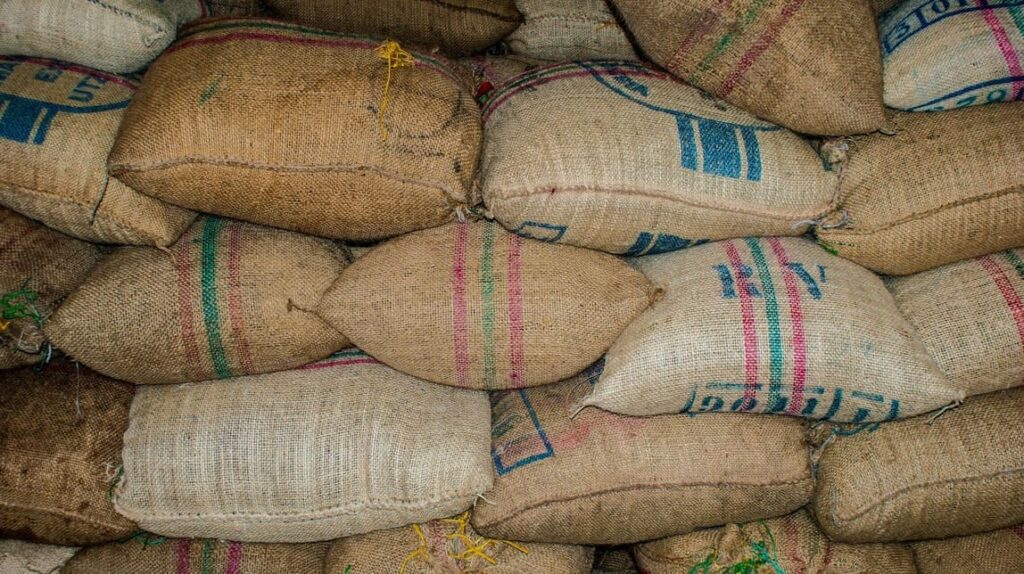
How Coffee Price is Calculated
Several factors come into play when determining the price of coffee. Let’s break them down:
1. Global Coffee Futures Price
The base price of coffee is determined by the futures market, mainly at ICE for Arabica and LIFFE for Robusta. The futures price is influenced by:
- Supply and demand – If production is high and demand is low, prices drop. If supply is low and demand is high, prices rise.
- Weather conditions – Droughts, frost, or excessive rain in coffee-growing regions can impact supply and drive prices up.
- Currency fluctuations – Since coffee is traded globally, exchange rates (especially the US dollar) affect pricing. A strong dollar can make coffee more expensive for countries using weaker currencies.
- Speculation– Investors and traders who speculate on coffee prices can cause short-term fluctuations.
2. The C-Price
The C-Price (or Coffee Price) is the benchmark price for Arabica coffee, set by the futures market at ICE. This price serves as the starting point for negotiations between coffee buyers and sellers.
In recent times C-Price has been rising every month. To understand why read our article on that.
3. Country-Specific Differentials
The futures price is just the baseline. The actual price of coffee varies depending on the country it comes from. Each country has a price differential based on extrinsic factors such as:
- Quality – Higher-quality beans fetch higher prices.
- Reputation – Some countries, like Colombia or Ethiopia, are known for premium and specialty coffee and may charge more.
- Certification – Organic, Fair Trade, and Rainforest Alliance-certified coffee often have additional costs that increase the price.
4. Export and Import Costs
Coffee has to be transported from farms to ports and then shipped worldwide. These costs include:
- Transportation (trucks, ships, and trains)
- Tariffs, taxes and fees
- Storage and warehousing
5. Roasting and Processing Costs
Once the coffee reaches its destination country, it undergoes processing and roasting. Roasters consider:
- Equipment and labor costs
- Energy consumption for roasting
- Packaging and branding expenses
These costs are added to the coffee price before it reaches retailers and consumers.
6. Retail Markup
Finally, coffee shops and retailers apply their markup to cover operational costs, including rent, salaries, and marketing.
This is why a cup of coffee at a high-end café is much more expensive than buying beans from a grocery store.
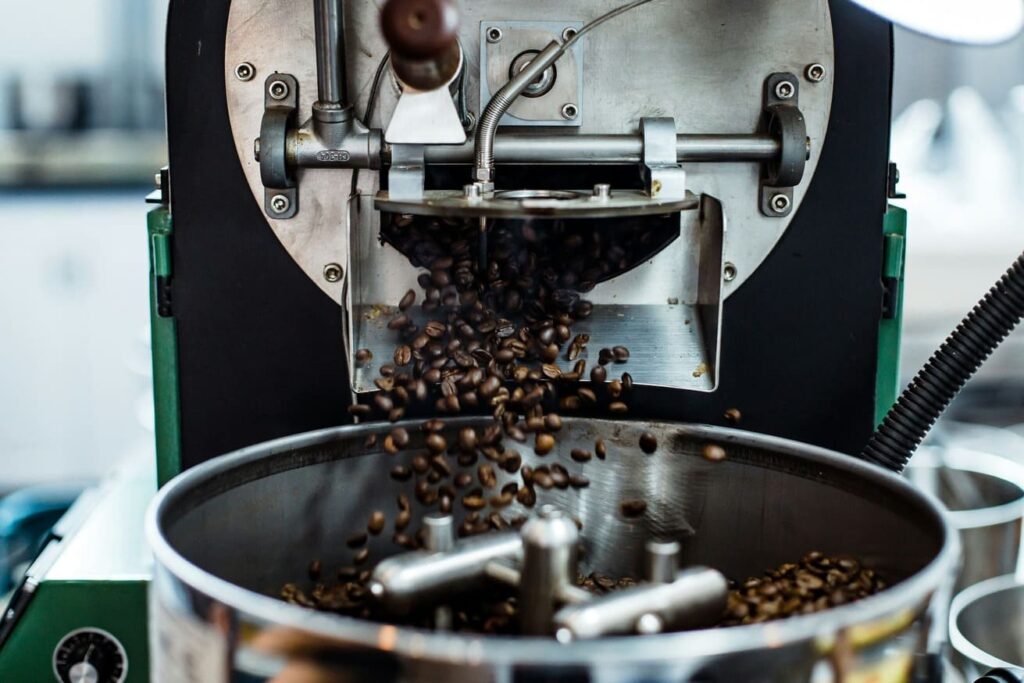
Outro
The price of coffee is not just about the beans and expensive branding. It’s a complex calculation influenced by global markets, production costs, weather conditions, trade agreements, and the political environment.
Next time you sip your coffee, you’ll have a deeper appreciation for the journey it took.
From the farms of Brazil, Colombia, or Ethiopia, through global trade markets, and finally into your cup. Whether prices rise or fall, one thing is certain – coffee remains an essential part of life for all of us.
Would you like to try specialty coffees from around the world, roasted by local roasting masters? Join us at one of our coffee events in Ljubljana!
Would you like to learn more about other coffee roasters in Slovenia? Here are the guides.



